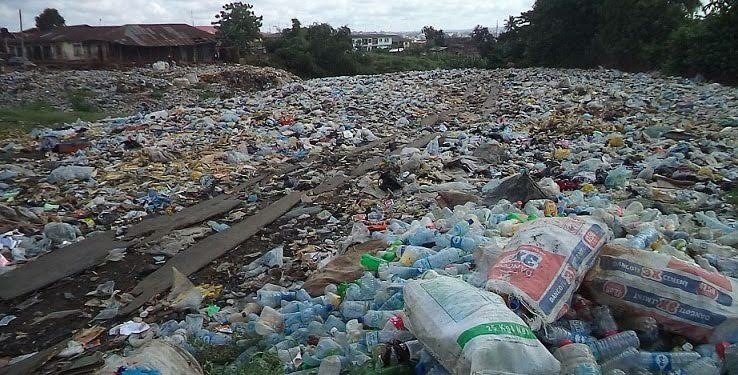The Minister of State for Federal Capital Territory (FCT), Dr (Mrs) Ramatu Tijjani Aliyu, on Sunday, announced that the administration spent about N8 billion annually to manage waste in the Federal Capital City (FCC) and the satellite towns across the territory.
According to her, Abuja Environmental Protection Board (AEPB) spends an average of N6 billion annually, while the Satellite Towns Development Department (STDD) spends N2 billion annually bringing the total sum of N8 billion to pay over 64 cleaning contractors engaged in the management of waste within the nation’s capital.
In a statement by her special assistant on media, Austine Elemue, and made available to newsmen in Abuja, the minister spoke at the maiden edition of the Annual General Meeting/Induction of Waste Management Association of Nigeria (WAMASON), FCT Council.
She, therefore, called on communities to adopt sustainable waste management practices, which include sorting at source, composting of organic waste for horticultural/agricultural purposes amongst others.
Speaking on the theme: “Waste Management in a Circular Economy: Financing, Stakeholders Engagement and Enforcement,” the minister advocated for the transition to a circular economy model for sustainable growth and development in Nigeria.
Dr Aliyu, whose message was delivered by the Director, Environmental Services of STDD, Mr Olusegun Olusa, noted that in a circular economy, virtually nothing is discarded, stressing that products and materials are kept in circulation for as long as possible by designing them to be more durable, reusable, repairable and recyclable.
The minister said the FCT Administration has been working assiduously in ensuring that new opportunities for sustainable growth are provided through increased budgetary provisions in waste management related services.
She then called for synergy and understanding between the government and the private sector in ensuring effective and profitable waste management, just as she pledged the administration’s commitment to providing the necessary legal framework that guarantees the return on investment for service delivery.
In her presentation of the 2016 to 2021 FCT Council report, the Councillor, Waste Management Association of Nigeria, Mrs Kitan Oluwagbuyi, noted that despite the numerous challenges facing waste managers in the city, the association has collaborated with tertiary institutions across the country to organise workshop and mentorship on opportunities in waste management and sustainable development.
She also stated that in 2020, the association has set up recycling centres in 20 schools across the territory, and five collection hub centres in collaboration with a member recycler-chanjadatti under a UNDP assisted fund.










Discussion about this post